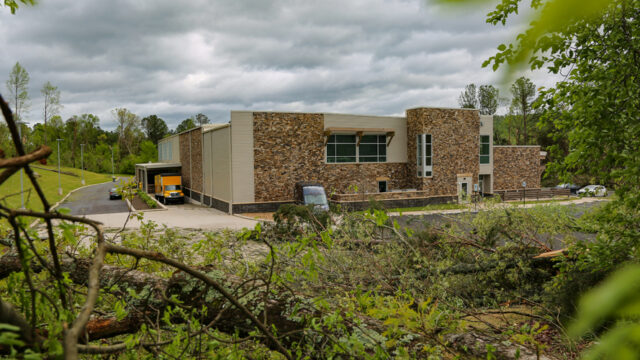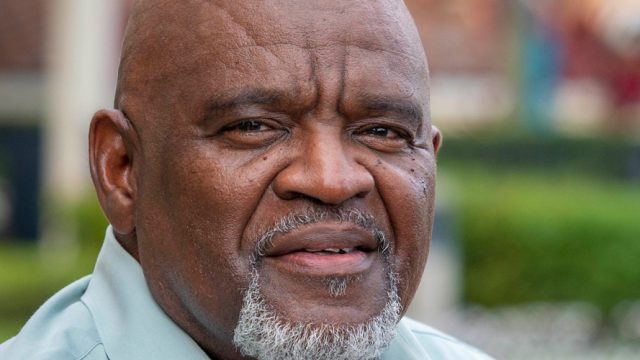Media and character development

Adventist World associate editor Gerald Klingbeil recently spoke with Delwin García, principal of Great Lakes Adventist Academy, a boarding academy located in Cedar Lake, Michigan, United States, about high school students and media use.
Great Lakes Adventist Academy includes a policy in the handbook limiting access to personal media devices (including smartphones) among students while they are on campus. What motivated the school board and faculty to include this policy?
With the advent of smartphones, people are carrying supercomputers in their pockets. I use my smartphone for everything. They are wonderful tools. But they can also be tools of destruction. Our young people have such a busy schedule already that they can also be huge distractions. We recognize that on a smartphone young people can access anything they want at any time. A lot of young people already struggle with pornography, media addiction, video gaming. We are doing what we can to help minimize that temptation and help curb that desire to always have a screen in front of them.
Tell us about your experience with this policy.
Most of the parents we talk to about our cell phone policy offer a sigh of relief, or praise, or hallelujah. It’s not parents that we have struggles with. We have shared research with our staff, and our team is on board with the policy not to allow students to have their own personal devices. It’s the students who have the hardest time wrapping their minds around the fact that they may have to live without their cell phone for 25 days out of the month. I reassure them that no student has ever died from not having their cell phone.
The reality is that after a few weeks or a few months we actually have students approach us and say, “You know what, this is a good thing. I have better friendships now, because I’m not distracted by the pseudofriendships that I have online.” We are most likely the only Adventist academy, at least the only academy I know of, that doesn’t allow students to have their mobile devices or tablets. We don’t allow them, period.
We are living in the twenty-first century, with lots of technology all around us. How are you preparing young people to enter into a media-saturated world?
We recognize that we are in the twenty-first century, and we do provide computers and communication. We have phones in the dorms; the students may use landlines for free. We have Skype stations, where they may interface with their parents “face to face” while they’re away at boarding academy. We have computer labs on campus, and all our seniors have computers in their dorm rooms, where they may access Facebook, and they may access the Internet or e-mail. The difference is that the school has some accountability. We own those computers, and we filter the computers. Even though we can’t possibly filter everything, there’s that added layer of accountability that students know is there.
In your experience over the past years as you see graduates leaving, and sometimes coming back after a year or two for alumni weekends, how do you see resilience develop?
We are trying to teach principles. Some critics of our policy would say, “How can they live out the principles that you’re teaching them if you’re not giving them access to media?” The reality is that we are giving them access to media, but it’s in a controlled environment. The other thing that we’ve discovered is that as students have a detox throughout the month, the distraction level goes down and the focus level goes up. It’s in that time that we can really focus on character development. That’s what we’re here for as an Adventist school system. It’s not just academics, it’s character.








